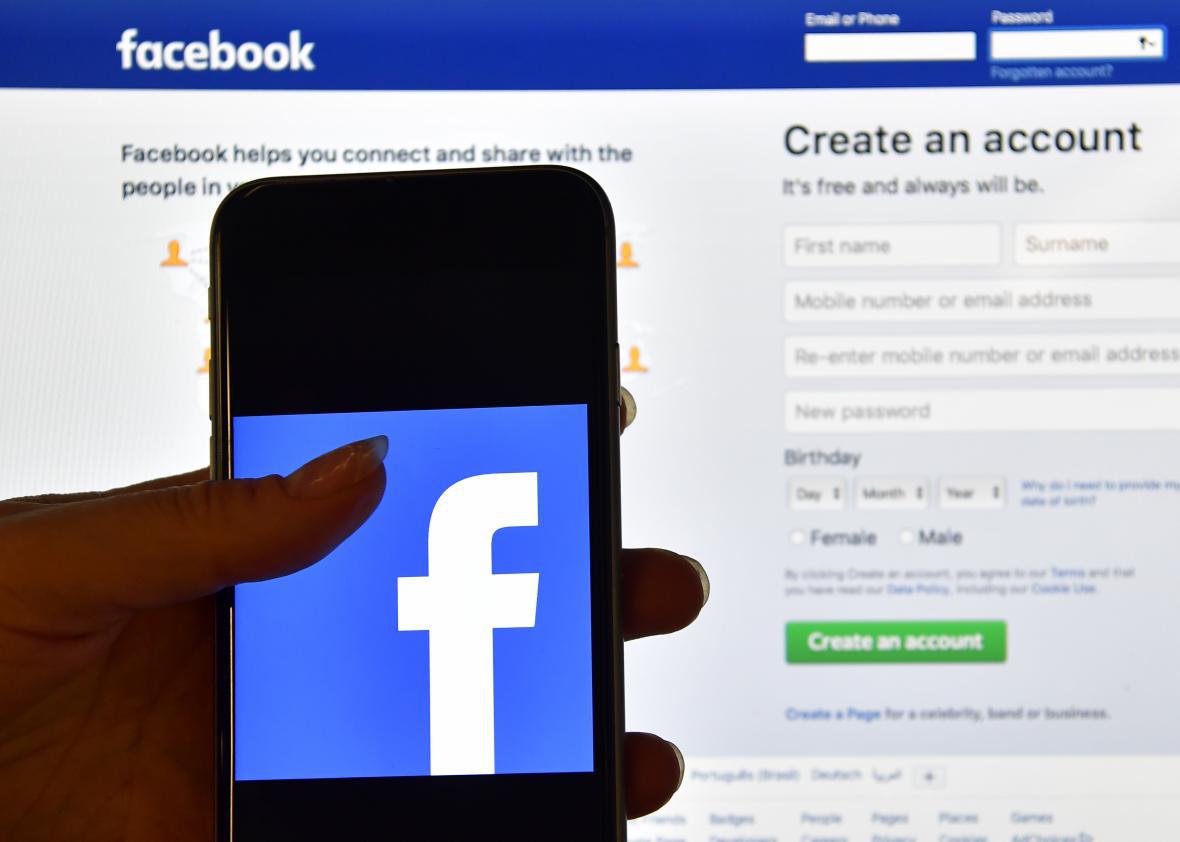Who among us hasn’t signed on to Facebook, seen our newsfeed dotted with ads for Everton soccer jerseys, and wondered how Facebook knew we were literally just at a sports bar watching that team play? OK, so maybe you’re a Manchester United fan, but we’ve all puzzled over how exactly Facebook knows to tailor certain ads just for us.
On Friday, in an attempt to lay out just how Facebook manages to populate each user’s newsfeed with highly specific ads, the site updated its ad preference settings and released a new portal about targeted advertising. Here’s the gist of the explanation: Facebook knows basically everything about you.
Most people have long suspected this, considering users share even the most intimate details of their lives on the site, but Facebook is able to discern facts that no one would ever make public. The Washington Post wrote that Facebook uses 98 data points—including number and type of credit lines, whether you’re an investor, what type of car you drive, whether you’re a “heavy” buyer of alcohol, and whether you’re an expat—to target you with specific ads. The Post wrote:
On top of that, Facebook offers marketers the option to target ads according to data compiled by firms like Experian, Acxiom and Epsilon, which have historically fueled mailing lists and other sorts of offline efforts. These firms build their profiles over a period of years, gathering data from government and public records, consumer contests, warranties and surveys, and private commercial sources—like loyalty card purchase histories or magazine subscription lists.
Facebook is also aware of your activity even when you’re not logged on to the site. According to the Post, Facebook is “alerted every time you load a page with a ‘Like’ or ‘share’ button, or an advertisement sourced from its Atlas network.”
All of this allows Facebook to feed its users a constant stream of advertisements, which means more revenue for the company. Reuters, citing a Barron’s report, wrote that Facebook’s “stock has the potential to climb by more than 20 percent over the next year given the growing advertising revenue among its platforms.” Reuters continued:
The social media giant, which traded at just under $124 a share on Friday, has seen a recent acceleration in growth in part because of its increasing mobile ad load, or, the number of ads Facebook can serve up to its users, the report said. Facebook also has other avenues of ad load growth, including Instagram, Messenger and WhatsApp, which have yet to fill up on ads, it said.
The information Facebook and other data firms are able to compile might be unnerving, but it’s all above board. Gizmodo wrote, “there’s no evidence that anything nefarious is going on here at all.” And at any rate, it’s apparently incredibly profitable. So you might not like Facebook’s targeted advertising, (and Facebook, in its all-knowing glory, probably knows that you don’t like it), but it’s not going anywhere.
